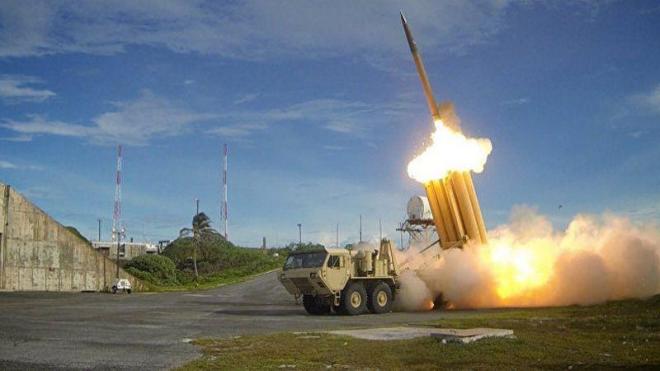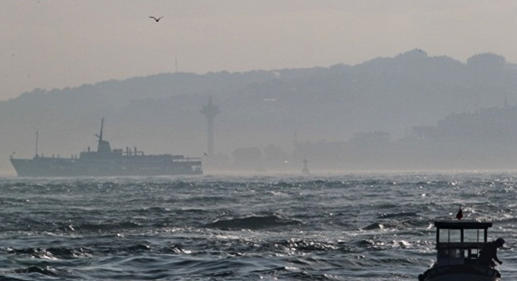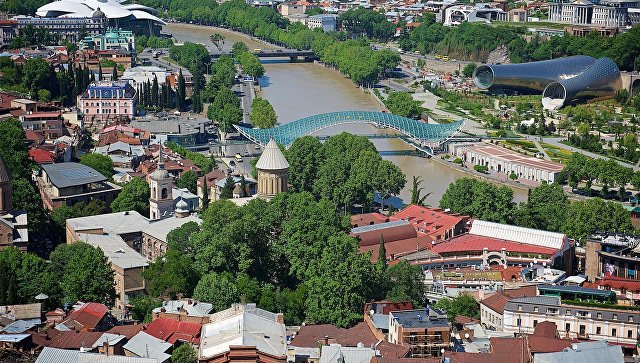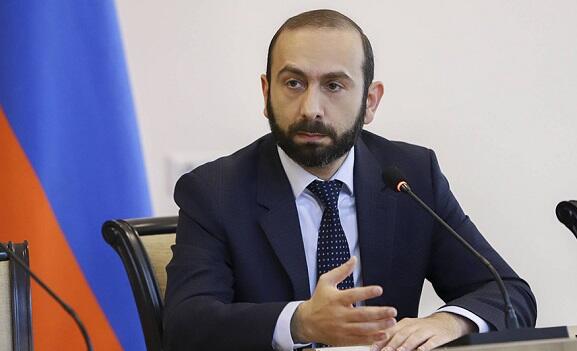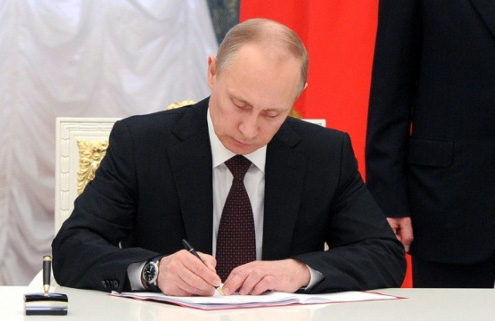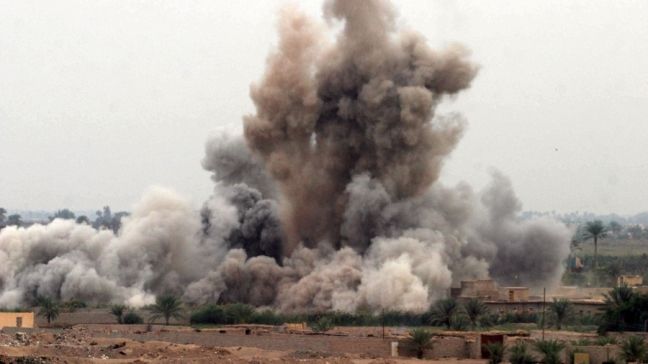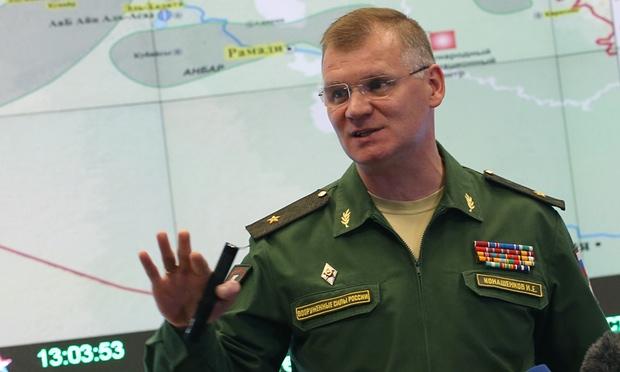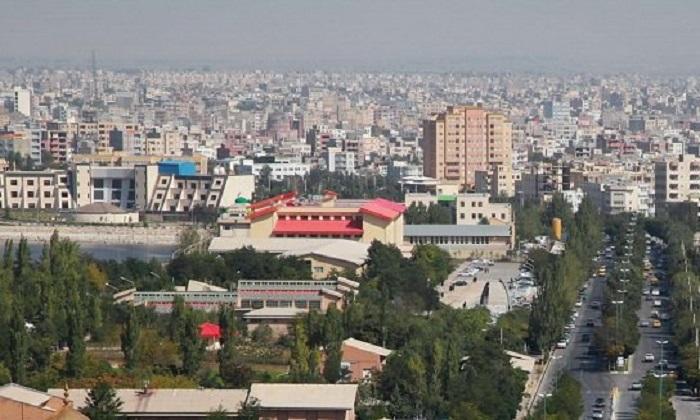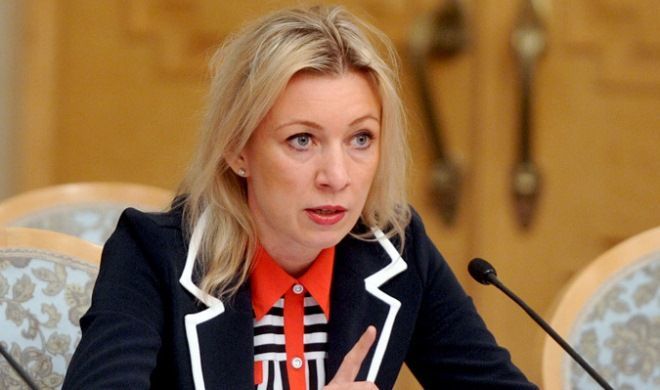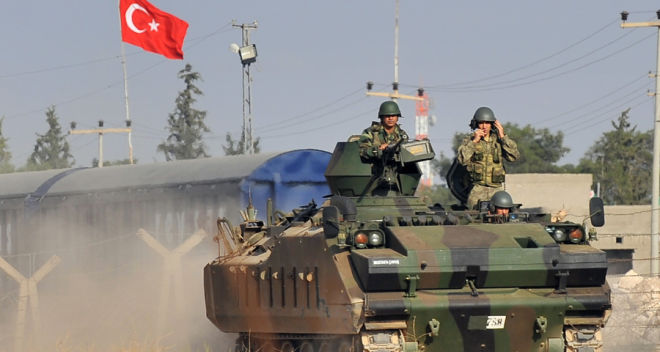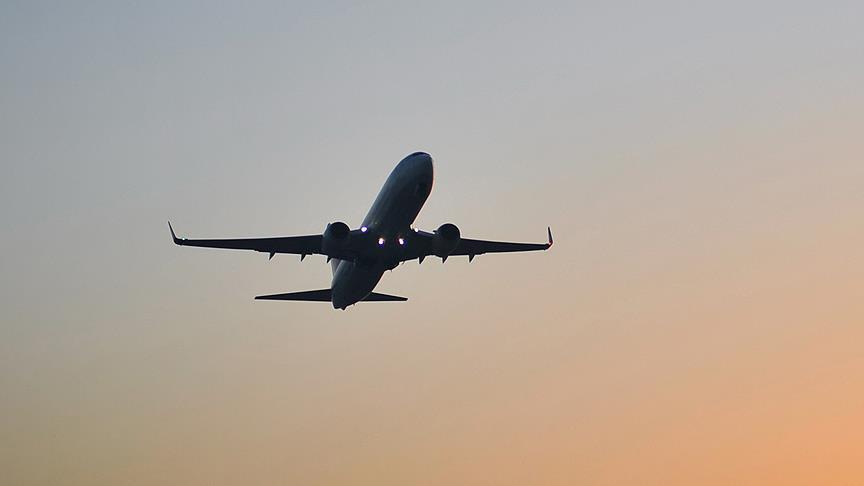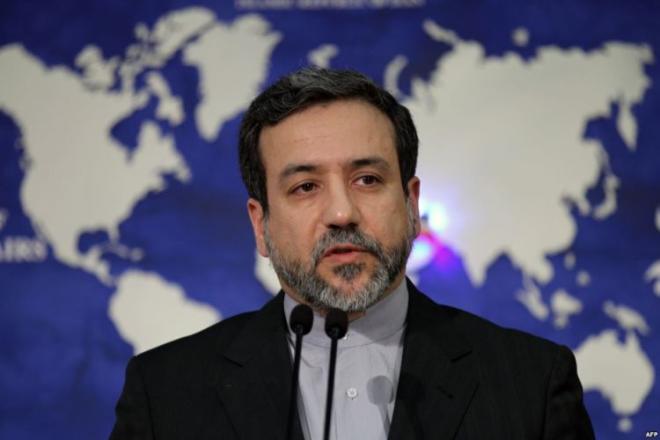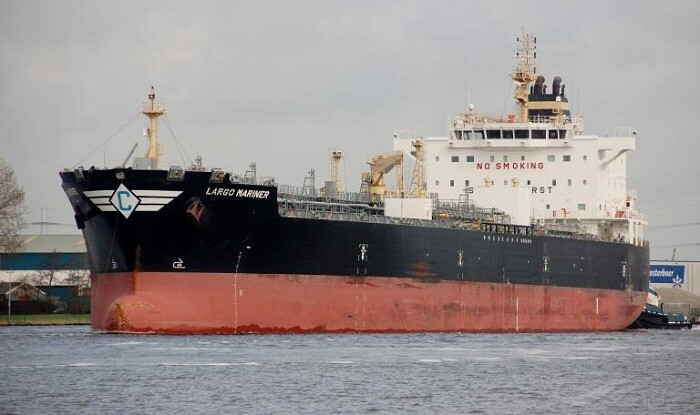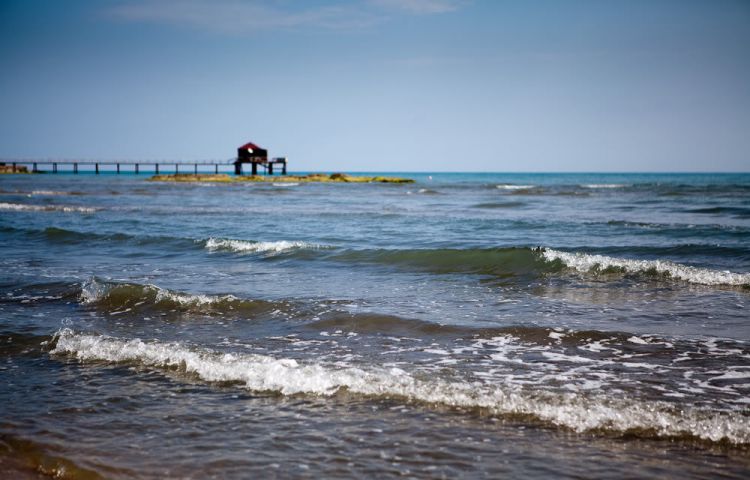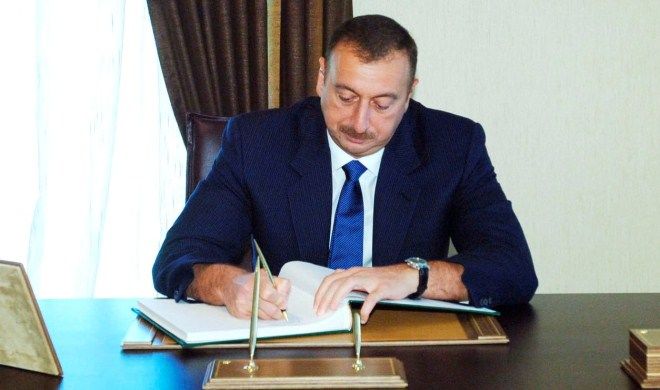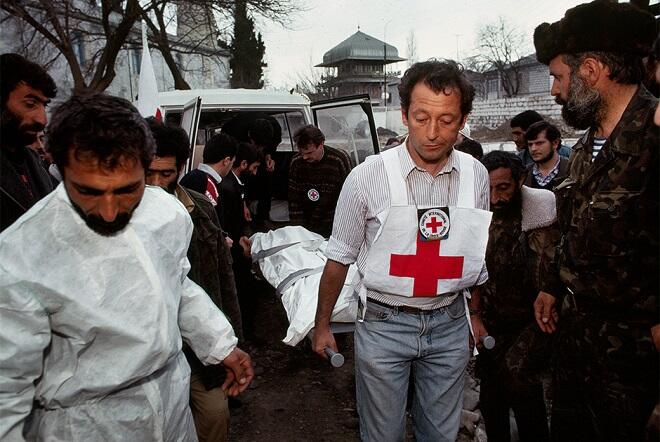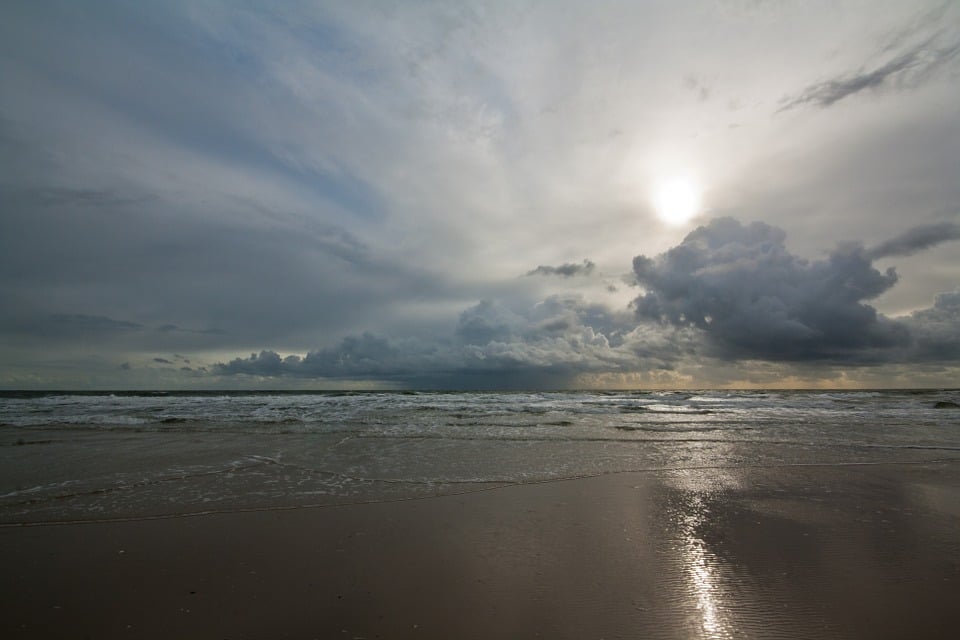Timely measures should be taken to fully investigate the process of Caspian Sea level fluctuation and prevent it from reaching the level of disaster.
Axar.az reports that Nazim Mahmudov, head of the National Hydrometeorological Service, said this.
According to him, the fact that the Caspian Sea is a closed water basin causes periodic fluctuations in its level. Up to 45 percent of the water in all the lakes on Earth is collected in the Caspian Sea, which is isolated from the world ocean.
The head of the service noted that fluctuations in the level of the Caspian Sea have historically occurred regularly in different periods and even caused complications at certain times. Based on this, we can say that mainly climatic and geological factors play an important role in the occurrence of level fluctuation of the Caspian Sea.
"Even though observations of the Caspian sea level fluctuations have been carried out since ancient times, initially, systematic observation works with a measuring device were carried out by E.A. Lents from the sea area around the city of Baku in 1837. Based on these systematic observations, it can be concluded that from 1837 to XX- Sharp fluctuations in the level of the Caspian Sea were not observed until the 30s of the 20th century.
He said that in 1882, the maximum sea level was recorded at -25.2 meters with the Baltic system:
"However, since 1929, the level of the Caspian Sea began to drop sharply, and the process of the level drop continued until 1977. During this period, the level of the Caspian Sea dropped by about 4 meters and fell to -29.05 meters with the Baltic system. The level in 1977 is for recent times It is considered the lowest level of the Caspian Sea since 1978 and this process continued until 1995. The level of the Caspian Sea increased by 2.65 meters from 1995 A certain stabilization of the level of the Caspian Sea was observed until 2010. No sharp level fluctuations were recorded during this period.
According to him, starting from 2011, sharp decline processes were observed again, and this process continues until the current period.
N. Mahmudov emphasized that hydrometeorological observations in the Azerbaijani sector of the Caspian Sea are carried out at stations and stations under the Ministry of Ecology and Natural Resources:
"In order to study the hydrometeorological conditions of the Caspian Sea, regular observations are made on the water level, temperature, salinity, color, transparency, wave height, precipitation data and other indicators at the stations and points of the marine observation network."
The head of the service noted that according to the observation data of the Neft Dashlari marine hydrometeorological station, the average annual level in 2021 was -28.14 m in the Baltic system, -28.42 m in 2022, and -28.69 m in 2023. When comparing the average annual level for the years 2021-2023, a decrease of 55 cm was recorded in the Caspian Sea. According to the observation data of the mentioned station, in June 2024, the average monthly level of the Caspian Sea with the Baltic system was - 28.67 m.
"More than 130 rivers flow into the Caspian Sea, including the Volga, Kura, Astarachay, Vilashchay, Karachay, Samur, Ural and others. Among them, the Volga River is the largest river flowing into the Caspian Sea and accounts for 80 percent of the total surface flow of the water balance to the sea. Underground water flows also form the income part of the water balance of the Caspian Sea. However, only theoretical ideas are put forward by scientists about the extent to which underground water flows affect the level of the Caspian Sea."
He noted that based on the observations, it was found that the lowest state of the level during the year is usually observed in December-February. In March-July, the sea level begins to rise.
"The highest indicator of the level is recorded in June-July, which is related to the spring flooding in these rivers. In July-August, the decrease in river flow and the increase in evaporation from the sea surface cause the sea level to gradually decrease to the winter minimum (December)."
N. Mahmudov also noted that it is very complicated to make a long-term, i.e. 5-10-year level fluctuation forecast of the Caspian Sea. The reason is that sea level fluctuations are related to climatic elements. In modern times, it is difficult to give a sea level forecast for more than 6 months.
"Caspian Sea Hydrometeorology Coordinating Committee (KASPKOM) prepares half-yearly scenarios of sea level change based on joint data from five Caspian countries. It is important to note that the Coordinating Committee on Hydrometeorology of the Caspian Sea, established in 1994 with the support of the World Meteorological Organization, regularly organizes the exchange of hydrometeorological data of the Caspian countries and joint coordinated activities on the Caspian Sea. Undoubtedly, the climate changes of the last period and the increase in global air temperature have an effect on the fluctuation of the level of the Caspian Sea.
The service official also said that the sharp fluctuations in the level of the Caspian Sea, in turn, lead to a number of negative consequences:
"Thus, the sharp rise of the sea level has a direct impact on the flooding of the surrounding areas and coastal technical facilities, the limitation of shipping traffic, and at the same time the creation of a number of ecological and socio-economic problems such as the decrease of biological productivity, etc., and the disruption of the economic structure of the Caspian coastal areas. When the sea level drops sharply, approaches to ports, navigation conditions become difficult, negative changes occur in the hydrometeorological regime of the water area.
The head of the service emphasized the importance of fully investigating the process of the level fluctuation of the Caspian Sea and taking timely measures to prevent it from reaching the level of disaster.



